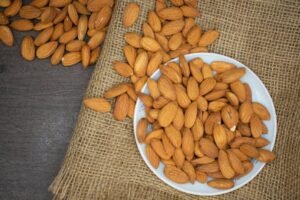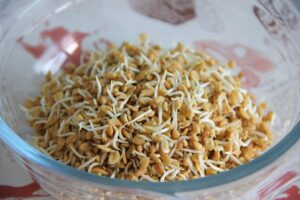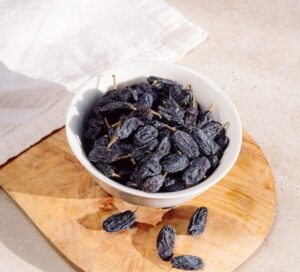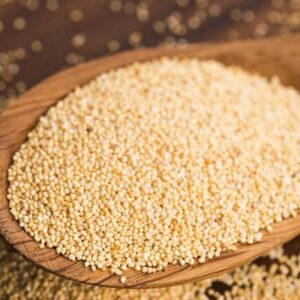About Us
Healthy Mantra is an online/offline weight loss & gain health center where we help people to achieve their goal with easy,practical,customized yet yummy diet plans for long term along with the improvement in medical conditions.
Recent Blogs
- 6 Foods That Need to Be Soaked Before Eating for Better Nutrition
- 7 Best Healthy Ways to Add Cashews in Food
- 10 Foods That can boost Fertility in Women
- Ditch Bad Cholesterol Naturally with These 7 High-Low Foods!
- Natural Ways to Increase Platelet Count for Dengue Patients
- Know all about vitamin D – Sources, Functions, and Importance of this Essential Nutrient
Contacts
Medipath, B-3 Silver Bell, 1st floor, Above Saidev Restaurant, J.B.Nagar, Landmark : S.B.MargMumbaiMaharashtra400059India
info.healthymantra@gmail.com+91 9870768893




